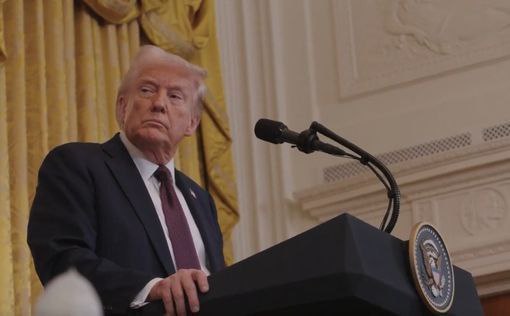Economists at JP Morgan have raised their estimate of a global recession to 60%, warning that newly announced trade tariffs by President Donald Trump could trigger serious disruptions to both U.S. and global economic growth in 2025.
The revised forecast follows Trump’s April 2 announcement of sweeping tariffs on all imported goods and higher duties targeting dozens of countries. In response, analysts on Wall Street issued urgent warnings, citing mounting pressure on supply chains, deteriorating business sentiment, and potential retaliatory measures from affected nations.
Bruce Kasman, JP Morgan’s chief economist, said the impact of the tariff hikes will likely be compounded by a “sharp decline in confidence and logistical complications across multiple industries.” The firm’s latest outlook describes the policy shift as the most severe economic threat facing global markets this year.
Other major financial institutions have echoed JP Morgan’s concerns. Analysts at Barclays and Deutsche Bank also cautioned that the U.S. could fall into a recession before the end of 2025 if the protectionist measures remain in place.
Despite the negative projections, JP Morgan noted that some of the economic shock could be softened by anticipated rate cuts from the Federal Reserve. The bank expects two 25-basis-point reductions in the federal funds rate—one in June and another in September.
Meanwhile, data from the London Stock Exchange Group suggests markets are pricing in the possibility of up to four rate cuts this year, reflecting growing expectations that monetary policy will be used to offset the downturn caused by trade friction.
JP Morgan also emphasized that the tariffs announced by President Trump constitute the largest tax burden placed on American households and businesses since 1968, with widespread implications for consumption, corporate investment, and long-term growth.




